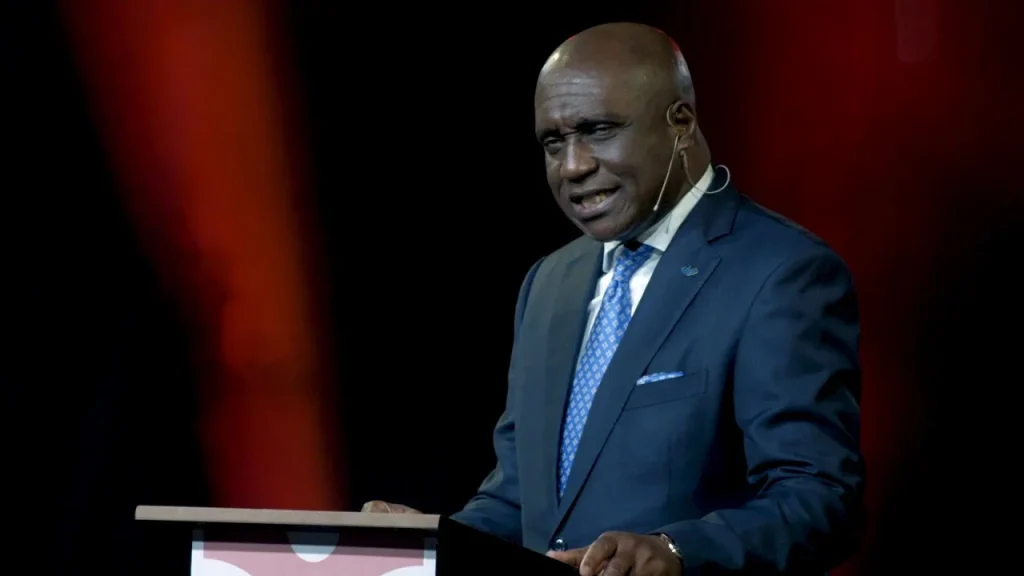A growing concern about the impact of social media on children’s well-being has prompted France, Spain, and Greece to push for EU-wide restrictions on harmful content. The three countries are advocating for mandatory age verification on social media platforms, including Meta’s Facebook and Elon Musk’s X, to protect minors from accessing inappropriate material.
According to a report by Bloomberg, digital services ministers from the three EU member states are coordinating the initiative ahead of a meeting with their counterparts from the bloc on June 6. The proposed rules would require all internet-connected devices to be equipped with age verification technology, addressing the “lack of proper and widespread age-verification mechanisms” that currently makes it difficult to enforce age limits. By leveraging the economic power of the EU’s 450 million consumers, the nations aim to compel tech companies to implement robust verification systems.
French President Emmanuel Macron has expressed his support for mandatory age verification, stating that online networks have contributed to suffering and mental health issues among young people. “We must protect our children,” he emphasized, adding that age verification on social networks should be imposed. The European Commission, along with several bloc members, is already developing pilot projects to boost parental controls and age verification. However, regulatory differences across EU countries and the ease of accessing social networks from outside the bloc are hindering their efforts.
Spanish Prime Minister Pedro Sanchez has also weighed in on the issue, saying, “One real ID for every social network user — that’s the only way to actually guarantee minors don’t access inappropriate content.” Several countries have taken measures to address the issue, with Australia banning social media access for users under 16 and Spain incorporating a comparable measure into a legislative bill. Norway has announced plans to establish a minimum age of 15 for accessing social media, although a timeline and implementation plan have not been defined. In France, 200 schools have started testing a “digital break” that prevents students up to 15 from using smartphones during school hours, while Russia has implemented similar restrictions, banning students from using cellphones in schools except in emergency situations.
As the EU considers these proposals, the focus remains on finding effective ways to safeguard children from the potential harms of social media, ensuring a safer online environment for younger users.



